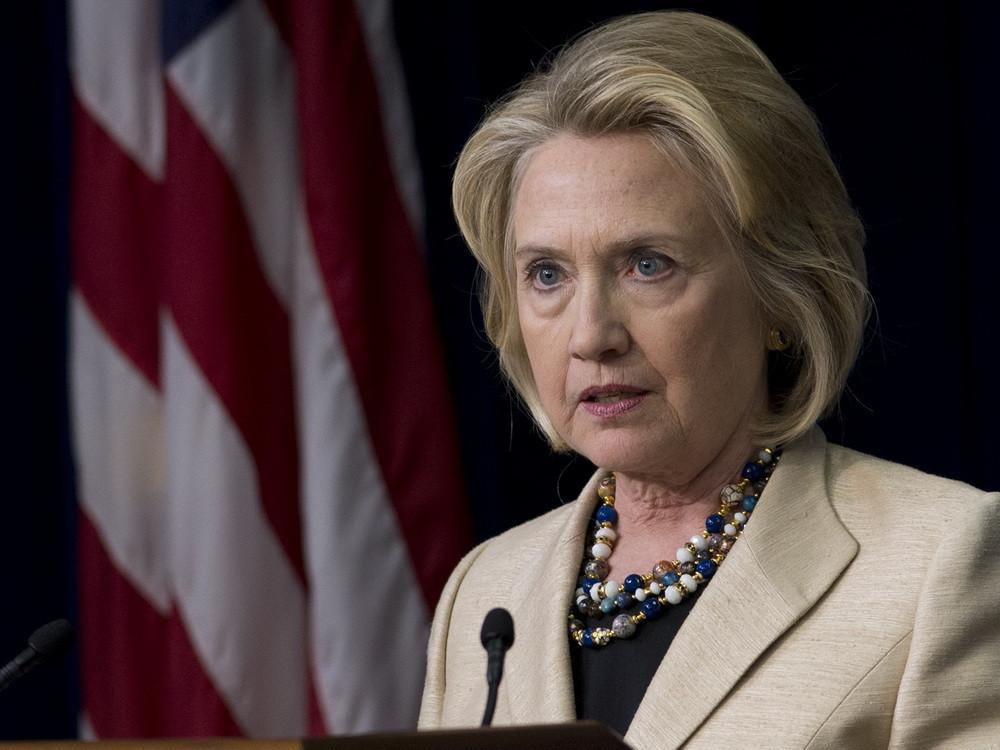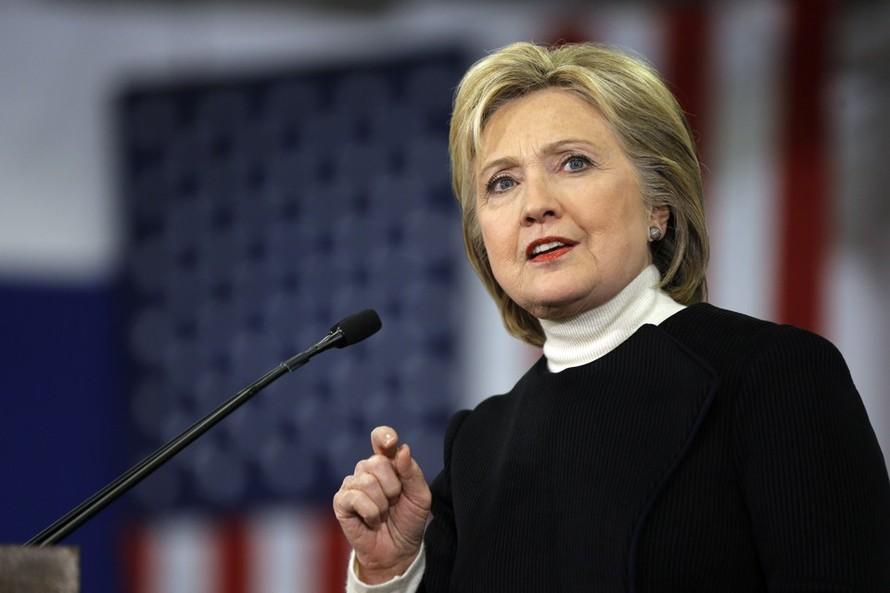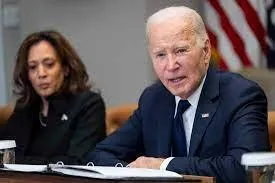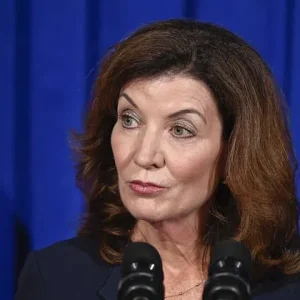Hillary Clinton’s political career has been dogged by calls for investigation, from her email server to the Clinton Foundation, fueling polarized sentiment. Critics demand a thorough probe, citing evidence of misconduct, while supporters argue she’s been unfairly targeted. Unpacking the evidence and public mood reveals a complex interplay of facts, politics, and perception.

The email controversy, centered on Clinton’s use of a private server as Secretary of State (2009–2013), is the primary focus. A 2016 FBI investigation, led by James Comey, found 193 emails with classified information, including seven at the Top Secret/Special Access Program level. Comey called Clinton’s handling “extremely careless” but recommended no charges, citing insufficient evidence of intent to violate laws. The Justice Department closed the case in 2016, and a 2019 State Department probe found 588 security violations but no “systemic, deliberate mishandling” by Clinton herself. Despite this, a 2025 X post by @Real_RobN claimed Clinton violated the Espionage Act, reflecting persistent distrust.
The Clinton Foundation has also drawn scrutiny. Critics, citing Peter Schweizer’s 2015 book Clinton Cash, allege foreign donations influenced Clinton’s State Department decisions, notably the Uranium One deal. A Justice Department inquiry, pushed by Trump allies, ran from 2017 to 2021 but closed without charges, finding no evidence of corruption. Five congressional probes similarly cleared Uranium One. Yet, sentiment on X, like @JDunlap1974’s 2025 post, insists on declassification to expose Clinton’s guilt, showing undying suspicion.
Other allegations, like ties to Jeffrey Epstein, lack credible evidence. A 2025 X post by @JDunlap1974 linked Clinton to Epstein’s crimes, but court documents only mention incidental contact, unlike her husband’s documented trips. Such claims often stem from fringe sources and gain traction among skeptics.
Supporters, like @AhmedBaba_ on X in 2023, argue Clinton has been “endlessly exonerated” by probes, including Benghazi, which found no wrongdoing. They view investigations as politically motivated, noting Kevin McCarthy’s 2015 admission that the Benghazi committee aimed to hurt Clinton’s polls. A 2018 DOJ Inspector General report found no political bias in the FBI’s email probe, reinforcing this view.
Public sentiment remains split. A 2024 Gallup poll showed 60% of Americans view Clinton unfavorably, driven by distrust over emails and wealth. X posts reflect this, with critics demanding prison and supporters decrying a witch hunt. Legally, multiple investigations—FBI, DOJ, State Department—found no prosecutable offenses. Ethically, her server use and foundation’s donor optics raise questions, but evidence of criminality is thin. Further probes risk redundancy unless new, concrete evidence emerges, leaving the debate more about politics than justice.






